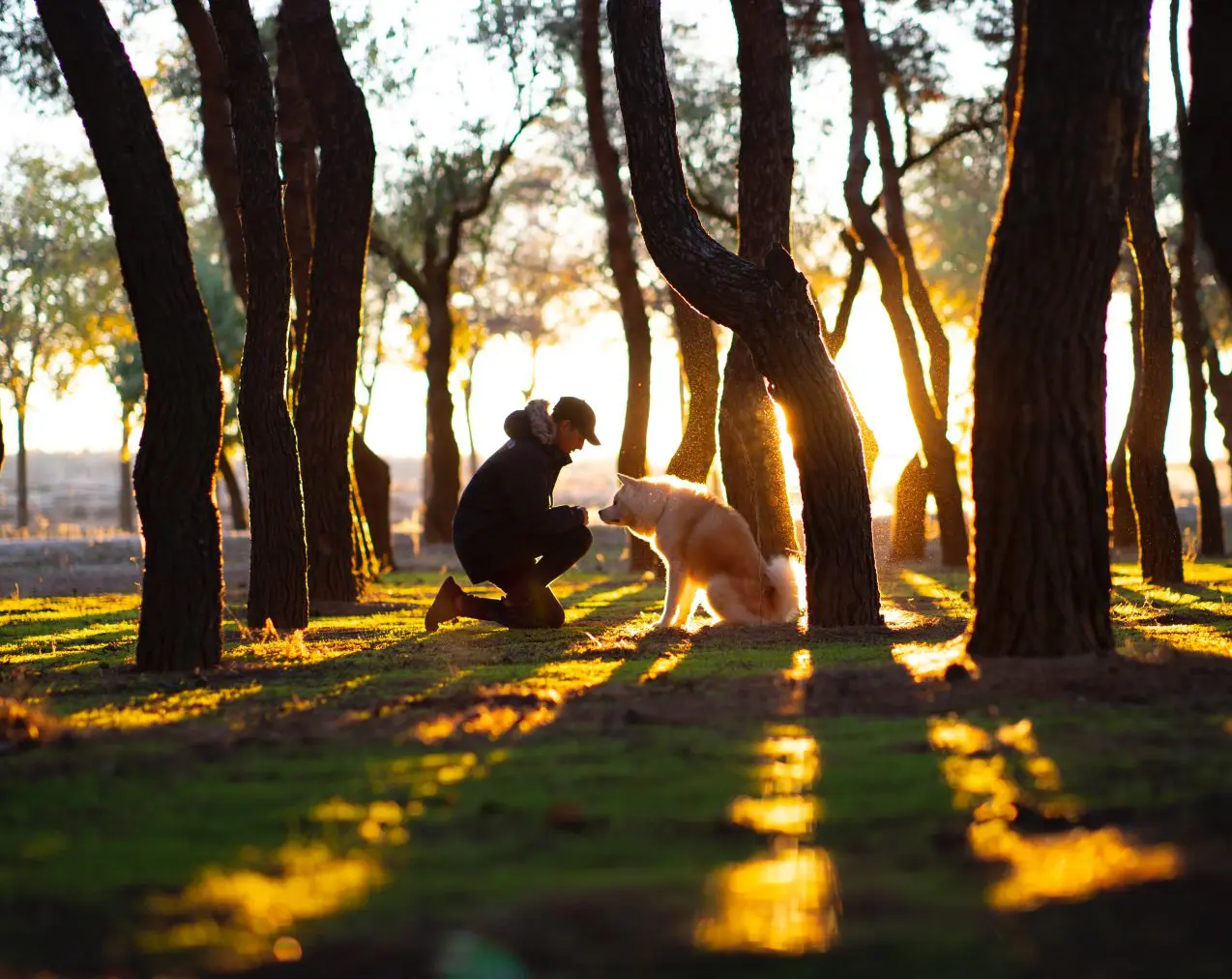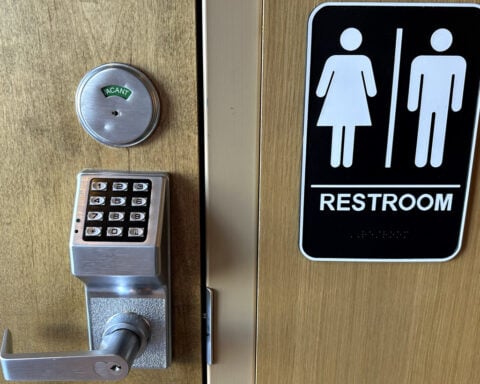The distinction between people and their canine friends is becoming increasingly hazy in contemporary culture. The growing tendency of giving canines human names is one obvious sign of this trend. As everyone knows, certain names are more appropriate for people while some are more suited for dogs. But other names—like Angel, Riley, and Jack—live in a special place where they are used for both people and dogs. The Atlantic is among the publications that have noted this trend of canines adopting human names.
We looked more thoroughly at this tendency by examining the names of 61,000 dogs that were up for adoption on Petfinder, a well-known website for pet adoption. After then, infant names from Social Security Administration data going all the way back to 1880 were matched to these names. For example, take the name Derek. If 100,000 people and 100,000 canines were gathered together in a hypothetical setting, Derek would be the name of seven dogs and 65 humans. This proves that although most names originate from people, they are not unique to them.
According to the research, about one out of every seven dogs on Petfinder had names that are often given to newborn humans. But not every human name is as well-liked by dogs. For example, of the dogs listed on Petfinder, only around one in 2,000 are called Kevin. However, there is a noticeable overlap between human and canine names, such those of Bonnie, Jackson, and Hunter.
It's evident that certain dog names are more "human" than others when looking at the top 300. For example, compared to dogs, people are more likely to have the name George. Conversely, dog names like Buddy, Benji, and Lady are more common.
During our investigation into the phenomena of dogs naming humans, we found two interesting tendencies. Firstly, dogs tend to choose names that are more feminine. Compared to around 10% of male dogs, 20% of female dogs have names that are likewise popular with people. Second, people usually choose names for their pets that are either extremely traditional or very contemporary. In 1880, the top 50 baby names included names that were popular among dogs, such as Daisy and Charlie. Conversely, the three most popular human names for dogs up for adoption—Bella, Max, and Luna—reached their pinnacle of popularity for infants around 2010.
We matched our results with the names of dogs living with their owners in Seattle and New York City, where owners register their dogs' names to acquire pet permits, to make sure these tendencies weren't specific to shelter pups. The three most popular dog names among NYC/Seattle dogs and shelter dogs were Bella, Max, and Luna.
Why, therefore, do certain canines acquire human names? The explanations are as different as the dogs. Some dogs bear human names; in California, Michael, a Labrador-Shepherd mix, bears the name of a kennel worker. Some bear popular culture personalities as their namesakes; one such Mary is named for a character from a song by Jethro Tull. An adoption may occasionally be decided by a human name. "We often hear from adopters that they felt an instant connection because the dog shares a name with their mom or best friend," said Leslie Granger, president and CEO of Bideawee.
The custom of naming dogs after people is a reflection of the growing bond that exists between people and their canines. It's intriguing to observe how cultural shifts affect our naming practices as our comprehension of this tendency deepens. No matter what breed your dog is—Bela, Max, or Luna—keep in mind that the name you decide on plays a big role in defining who they are.

 What is seditious conspiracy, which is among the most serious crimes Trump pardoned?
What is seditious conspiracy, which is among the most serious crimes Trump pardoned?
 Savannah women brings hope and help with new Maternal Mental Health app
Savannah women brings hope and help with new Maternal Mental Health app
 Amazon to close 7 warehouses in the Canadian province of Quebec and eliminate 1,700 jobs
Amazon to close 7 warehouses in the Canadian province of Quebec and eliminate 1,700 jobs
 House prepares to pass immigrant detention bill that would be Trump's first law to sign
House prepares to pass immigrant detention bill that would be Trump's first law to sign
 Lewis Hamilton says driving a Ferrari F1 car for first time was 'exciting and special'
Lewis Hamilton says driving a Ferrari F1 car for first time was 'exciting and special'
 The head of a federal agency for consumers has packed up his office. But will Trump fire him?
The head of a federal agency for consumers has packed up his office. But will Trump fire him?
 Meagan Good says goodbye to 'Harlem,' hello to her future with Jonathan Majors
Meagan Good says goodbye to 'Harlem,' hello to her future with Jonathan Majors
 K-9's retirement party was everything a dog could want
K-9's retirement party was everything a dog could want
 Why some Instagram users aren’t able to unfollow Trump and JD Vance
Why some Instagram users aren’t able to unfollow Trump and JD Vance
 Human names for dogs
Human names for dogs







